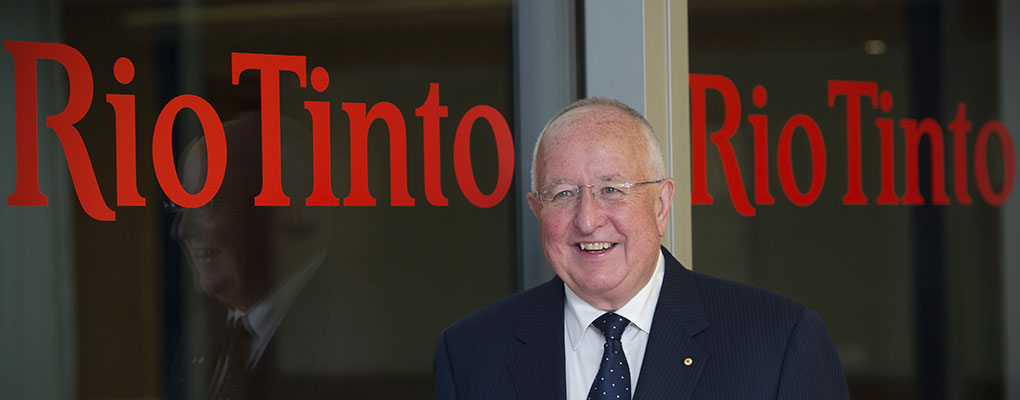
The challenging period the nuclear industry has faced since 2011’s Fukushima disaster has continued with the news that Rio Tinto, one of the world’s largest mining companies, was pulling out of a proposed expansion of an Australian uranium mine. The news sent shares in Rio Tinto’s subsidiary, Energy Resources of Australia (ERA), tumbling to nearly half of what they were at the start of the day.
The [nuclear] industry has seen a steady decline over the last few years
The industry has seen a steady decline over the last few years, accelerated by the disaster that struck Japan’s nuclear power plants after a devastating tsunami struck the country. Uranium prices peaked in 2007 at $137 per pound, before collapsing to today’s value of just $35 per pound, according to the FT.
ERA’s operations in Australia were previously centred around the Ranger mine in the north of the country, but having exhausted resources there, the company was looking to develop another mine, Ranger 3 Deeps, nearby. However, in light of the collapse in price, ERA, which is 68 percent owned by Rio Tinto, has withdrawn its plans.
Announcing the news, Rio Tinto said that a feasibility study had shown it would not make economic sense. “”After careful consideration, Rio Tinto has determined that it does not support any further study or the future development of Ranger 3 Deeps due to the project’s economic challenges.”
The news also led to Rio Tinto warning investors that it might be forced to write off as much as $300m of ERA’s value. “Rio Tinto is engaged with ERA on a conditional credit facility to assist ERA to fund its rehabilitation program, should additional funding be required beyond ERA’s existing cash reserves and the future earnings from processing ore stockpiles.”


